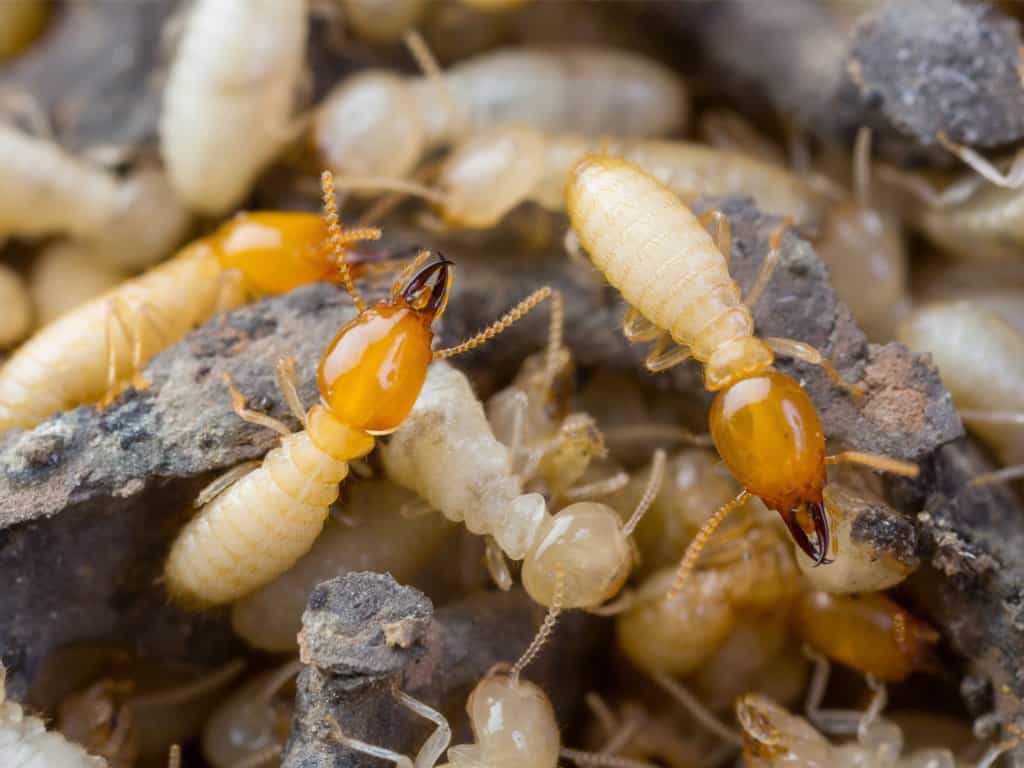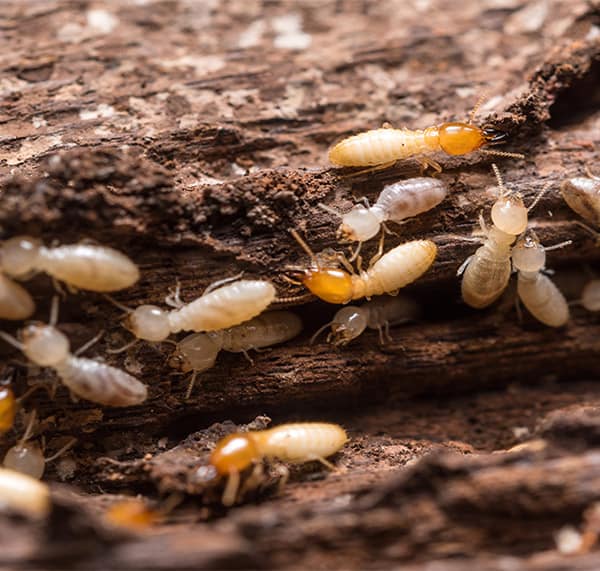

Termite Control
The first step you must take is determining what type of termites causing your infestation. For residential properties, there are generally 2 types of termites that you need to worry about. Subterranean and Drywood termites, they both create their own issues.
Termite Identification
There are two types of termites that make their home in Grand Rapids, MI.
Drywood Termites – These are termites found living in dry wood in small colonies. They’re generally found in humid areas along the coast. These are most responsible for the infestations homeowners face.
Subterranean Termites – These termites build their colonies in the soil. They enter homes, generally via a building nearby, or through the foundation. They tend to travel from the soil, and then destroy as they move up. They are more difficult to detect which allows them to create more damage.
Termite Damage
There are a variety of signs of termite damage. You may not see all of these signs but if you see one or two of these, you have a termite problem.
- Mud-like material in irregular patterns
- A warm of what looks like flying ants often indicates a nearby nest. This is most common between March and June, and sometimes in September and October.
- Mud tunnels indicate that termites have made their headquarters. The tunnels often contain broken particles that contain feces.
- Piles of wings
- The presence of live termites.
- The appearance of tiny holes in wood, or buckling paint.
- Damaged wood.
Termite Control in Grand Rapids
There are a variety of ways that we handle termites. Two ways we handle termites is by placing baites around the perimeter of the house. These baits contain a piece of wood that is easily checked. Once we see that termites have been chewing on this wood, we replace the wood with a poison. This works great because this poison does not kill termites right away, which gives them the opportunity to make it back to their colonies and feed the poison to the colony. This will normally kill the whole termite colony.
A cheaper solution that we offer, is spraying the cracks of the walls and wood with an insecticide. The termites cannot detect our insecticide and will die days later. Visit our perimeter pest control page for more information.
It is unlikely, but possible that the termites will die on their own. Flooded soil and temperature flucuation can kill an entire colony of termites. Removing attractors such as mulch, rotten wood, and tree stumps from around your house is another easy way to cause the whole colony to have to move.